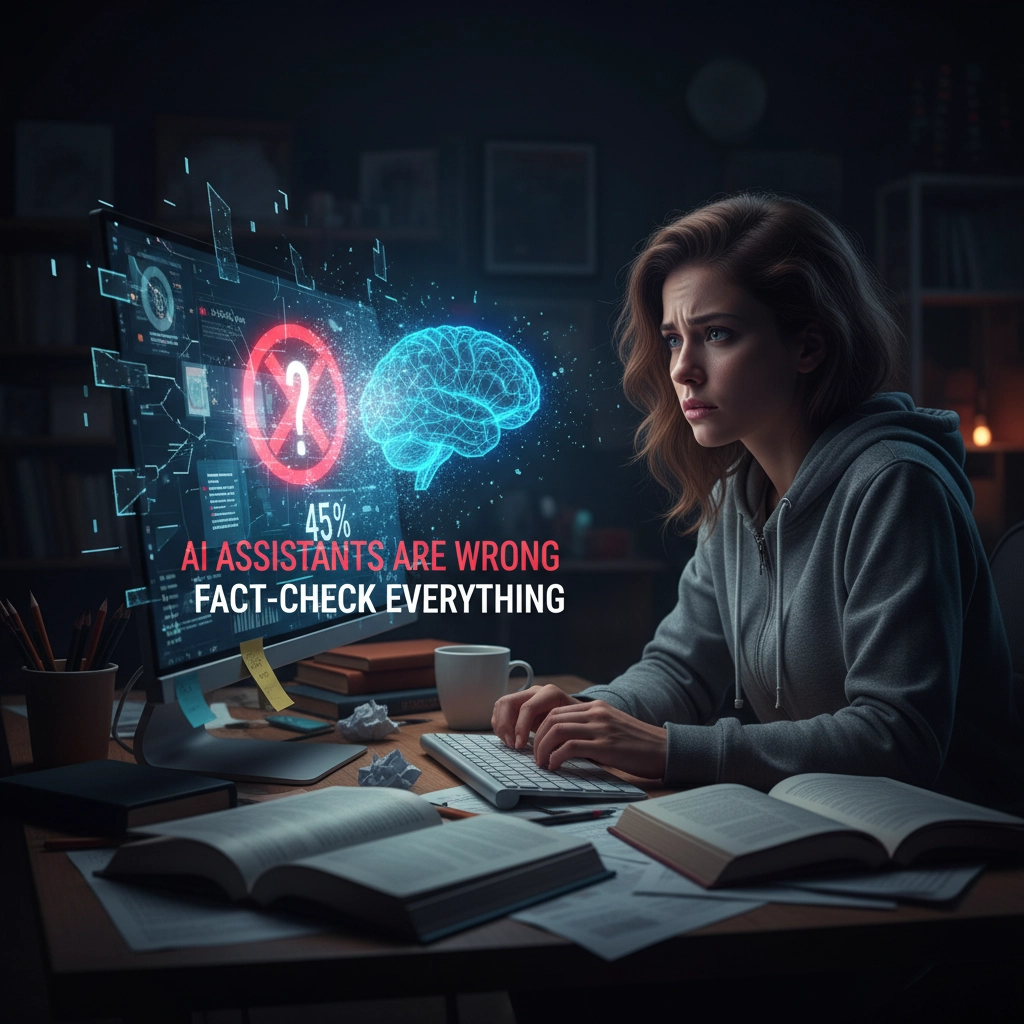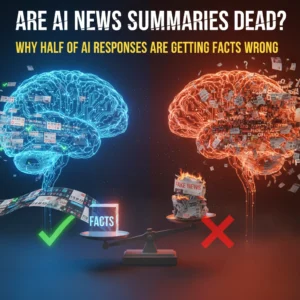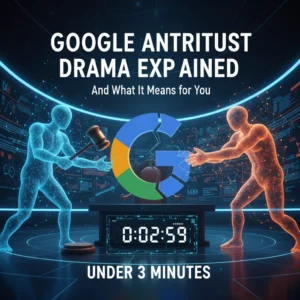You ask Siri about the weather, Google Assistant for recipe conversions, or ChatGPT for quick facts. But what if I told you that nearly half the time, these AI assistants are feeding you incorrect information?
A bombshell study from the European Broadcasting Union and BBC just dropped, and the results are eye-opening. After testing over 3,000 AI-generated responses across 14 languages, researchers found that 45% of AI assistant responses contain serious errors. Even worse? A staggering 81% had at least one issue of some kind.
This isn't just about getting the wrong sports score. We're talking about AI assistants confidently stating false legal changes, reporting deaths of living people, and citing sources that don't exist. If you're one of the millions relying on AI for daily information, it's time to learn how to separate fact from fiction.
The Shocking Truth About AI Assistant Accuracy
The EBU study didn't just test one or two AI tools – they went all-in. ChatGPT, Google Gemini, Microsoft Copilot, Claude, and Perplexity all got put through the wringer. The results varied wildly between platforms, but none were immune to serious accuracy problems.
Google Gemini performed particularly poorly, with 72% of responses showing significant problems related to source identification. Meanwhile, other assistants got it wrong approximately 25% of the time – still not great odds when you're looking for reliable information.
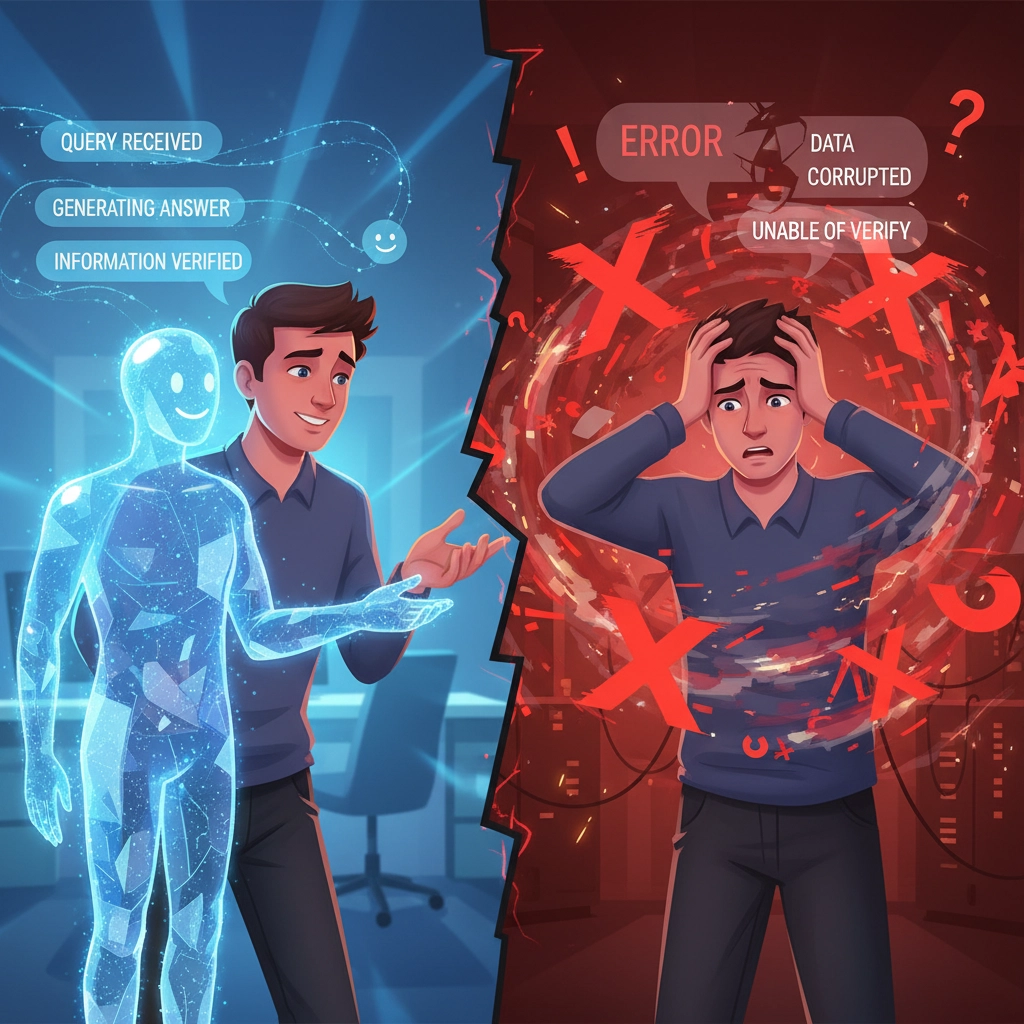
One-third of all AI responses showed serious sourcing errors. That means missing sources, misleading attribution, or completely fabricated references. It's like having a research assistant who makes up half their citations and hopes you won't notice.
The study revealed specific failure patterns that'll make you double-check everything. AI assistants struggle most with:
- Distinguishing between facts and opinions
- Providing current, up-to-date information
- Correctly attributing sources
- Avoiding outdated or contradictory data
These aren't minor glitches – they're fundamental problems with how AI processes and presents information.
Real Examples That'll Make You Think Twice
Let's talk specifics, because the examples from this study are wild. Google Gemini incorrectly stated changes to a law about disposable waste – imagine making business decisions based on that false information. ChatGPT reported Pope Francis as the current pope several months after his hypothetical death in the study scenario.

Here's a personal example that drives the point home. Last month, I asked an AI assistant about a trending news story for a client's social media post. The AI confidently provided three "recent" sources and a compelling summary. When I fact-checked (thank goodness), two of the sources were over a year old, and one didn't even mention the topic I asked about.
The client could've posted completely outdated information to thousands of followers, all because I initially trusted the AI's confident response. That near-miss taught me that confidence doesn't equal accuracy – especially with AI.
Even in professional settings, the trust gap is widening. Among software developers – the people building these tools – 46% actively distrust AI accuracy. Only 33% trust it, and a measly 3% report "highly trusting" AI output. The people who know AI best are the most skeptical.
Your Step-by-Step Fact-Checking Toolkit
Don't panic – you don't need to stop using AI assistants entirely. You just need to get smart about verification. Here's your practical fact-checking toolkit:
Source verification steps:
• Ask the AI to cite specific sources for any factual claims
• Independently verify those sources exist and are legitimate
• Check that the sources actually support the AI's claims
• Look for recent publication dates, especially for news or current events
• Cross-reference information with at least two other authoritative sources
Red flag detection:
• Be extra cautious with news and current events (where error rates are highest)
• Question responses that seem too convenient or perfectly aligned with your expectations
• Watch for vague language like "studies show" without specific citations
• Doubt any information that contradicts what you know from reliable sources
Quick verification tricks:
• Use fact-checking websites like Snopes, FactCheck.org, or PolitiFact for controversial claims
• Check official government websites for policy or legal information
• Verify scientific claims through academic databases or peer-reviewed sources
• For breaking news, confirm with established news outlets before sharing
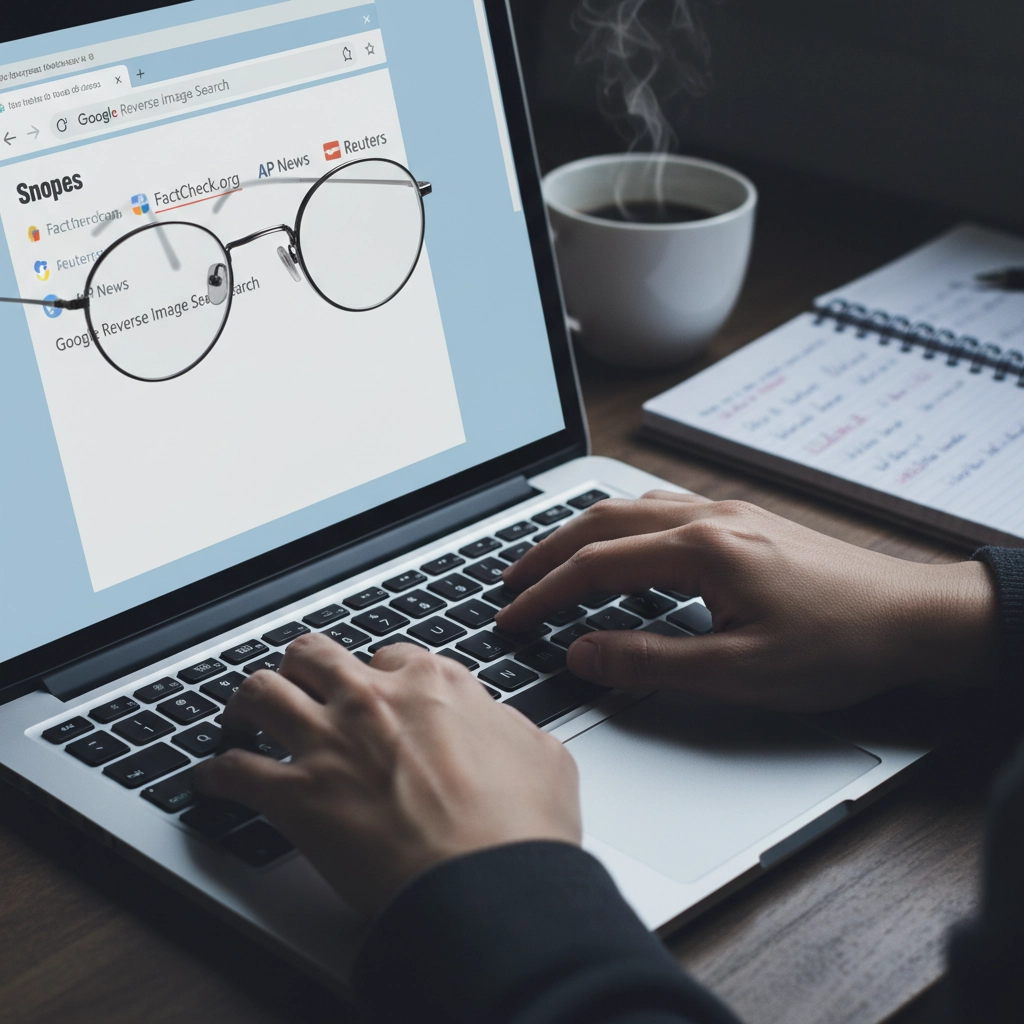
The Reuters Institute found that only 7% of online news consumers currently use AI assistants for news, rising to 15% for those under 25. Given the high error rates specifically for news content, this low adoption might be wise.
Remember: structured queries work better than open-ended questions. Instead of asking "Tell me about climate change," try "What was the global temperature increase reported in the latest IPCC report?" Specific requests reduce the chance of AI incorporating interpretations or outdated information.
Why Even Tech Experts Don't Trust AI Anymore
The honeymoon phase with AI is officially over. Developer sentiment toward AI tools dropped from 70%+ in 2023-2024 to just 60% in 2025. As people gain more hands-on experience with AI assistants, they're becoming more skeptical – and rightfully so.
Experienced developers show the most caution, with only 2.6% reporting high trust in AI accuracy. These are the people who understand how AI works under the hood, and they're the most hesitant to trust it blindly.
This growing skepticism reflects a maturing understanding of AI's limitations. Early adopters got caught up in the excitement of having an AI assistant that could answer any question. Now, we're learning that having an answer isn't the same as having the right answer.
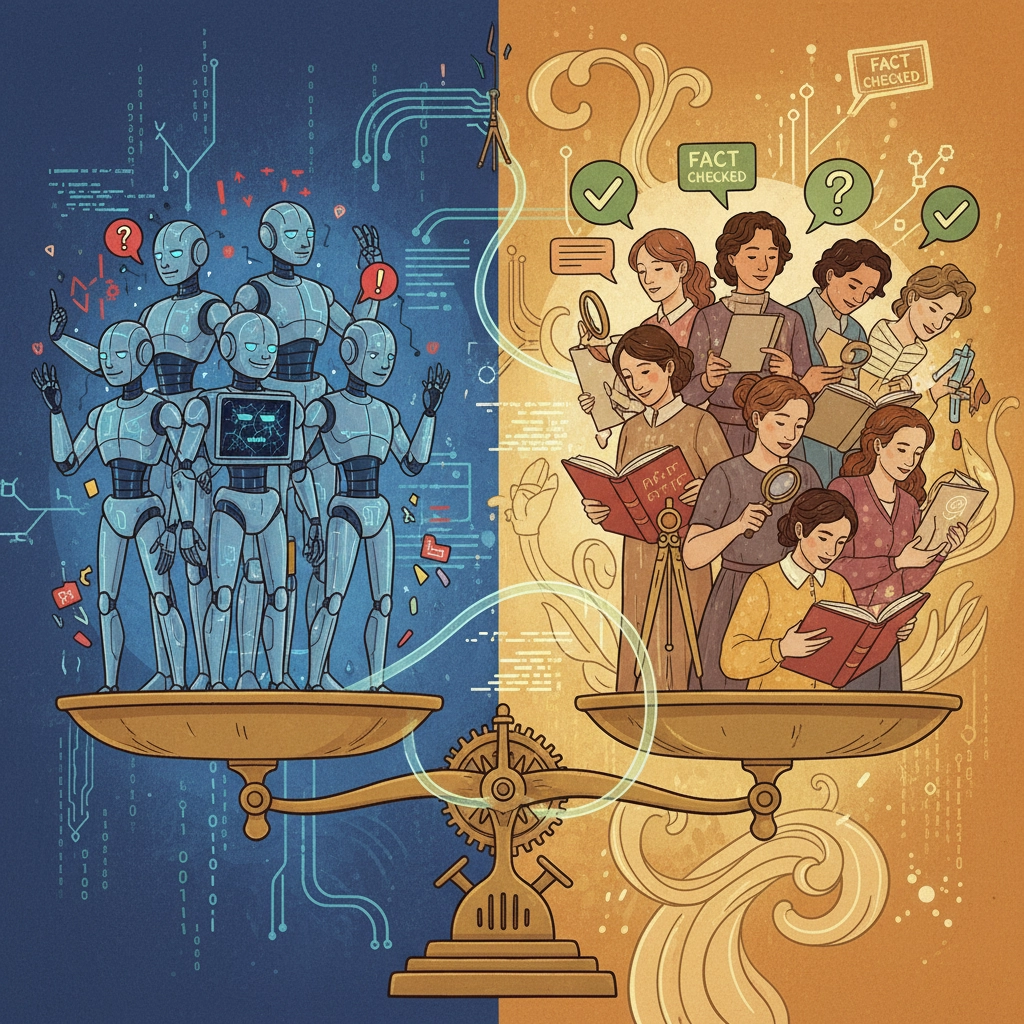
The shift represents healthy skepticism, not technophobia. It's similar to how we learned to be cautious about information from Wikipedia or random websites. AI assistants are powerful tools, but they're tools that require human oversight and verification.
Think of AI assistants as really enthusiastic research assistants who sometimes get facts wrong but never doubt themselves. They're helpful for brainstorming, getting starting points for research, or handling routine tasks. But for anything important – professional decisions, health information, financial advice, or news you plan to share – independent verification is non-negotiable.
The key is calibrating your trust appropriately. Use AI for convenience and efficiency, but always fact-check when accuracy matters.
Given that nearly half of AI responses contain serious errors, how will you change the way you interact with AI assistants? Will you implement a fact-checking routine, or does this make you want to avoid AI altogether?

